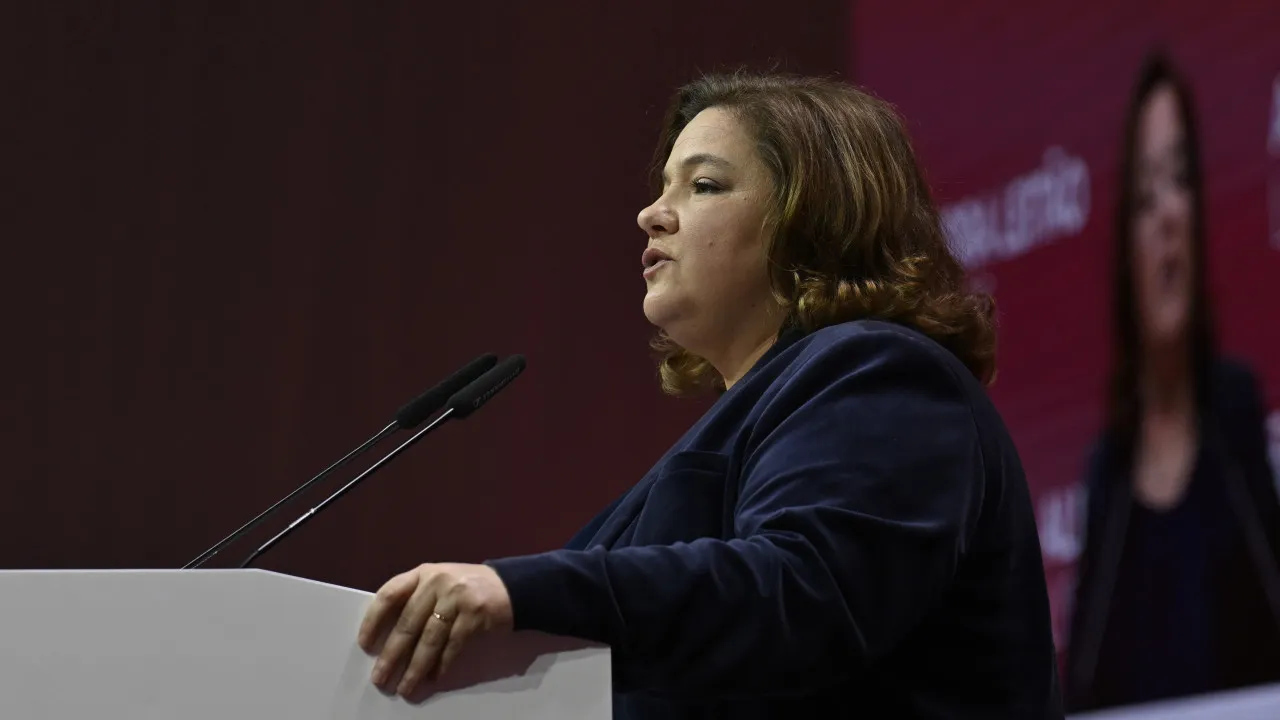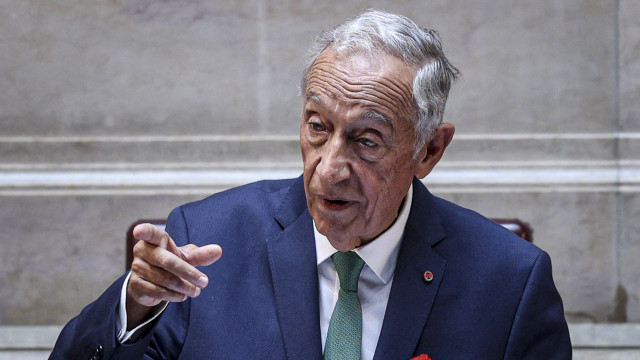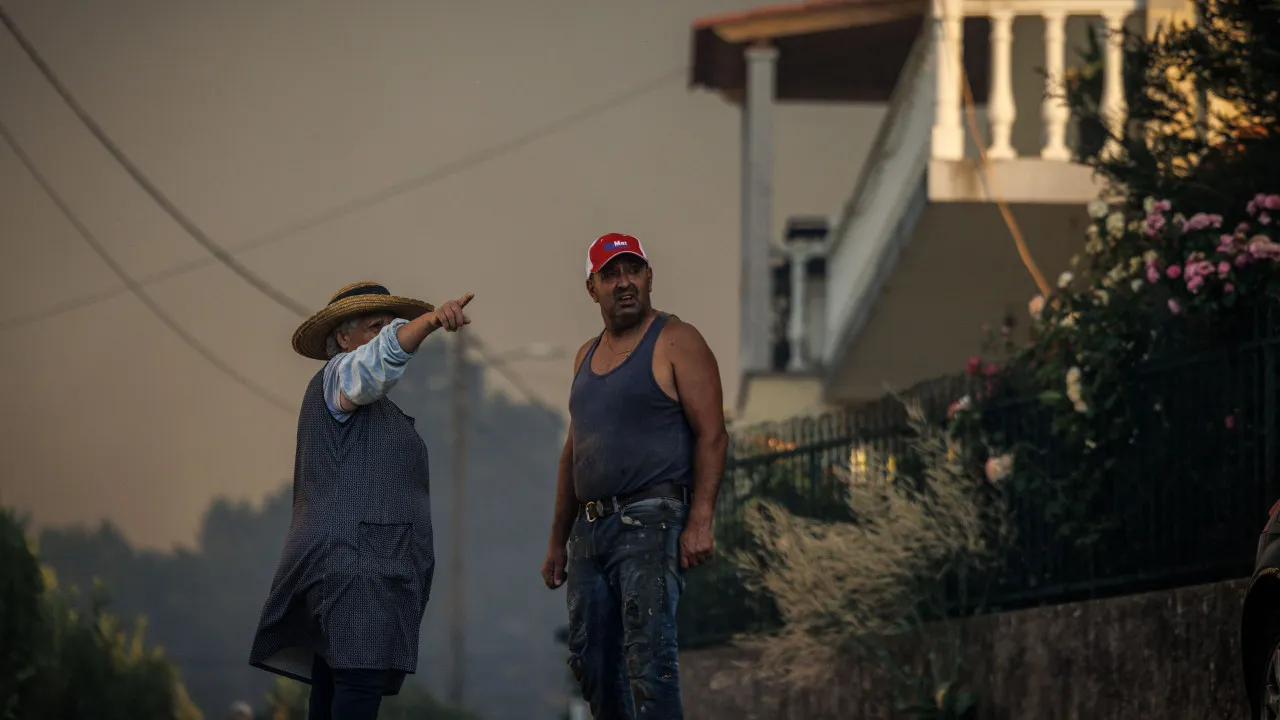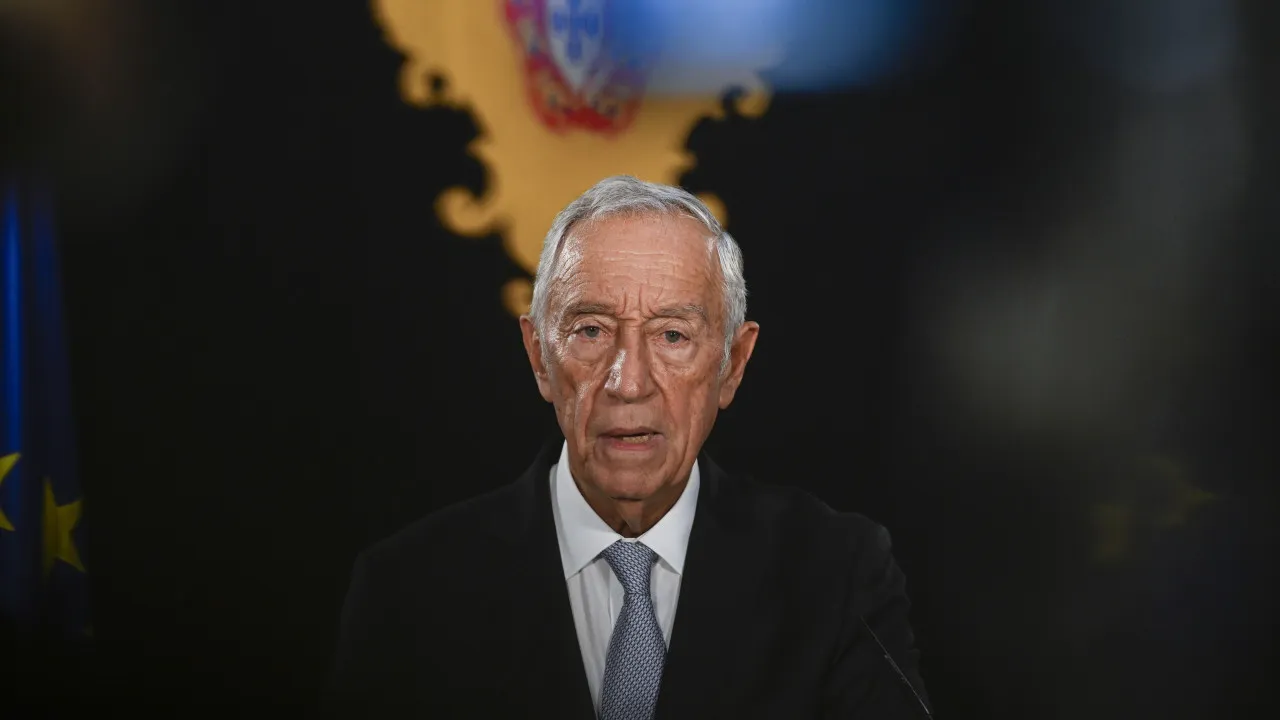
A socialista Alexandra Leitão took to social media on Saturday to criticize the Chega party, particularly André Ventura’s act of naming minors from a central Lisbon school during a parliamentary discussion on nationality and immigration laws. These names had circulated in far-right and neo-Nazi sympathizer groups on social media.
The PS candidate for the Lisbon City Council joined the chorus of criticism against the party, describing the incident as surpassing “what is acceptable in a democracy”. She argued it marked “a slippery slope” that needs “reversing”.
“What happened yesterday [Friday] in the Assembly of the Republic should not have occurred. Chega used the names of children in a political debate, surpassing what is acceptable in a democracy,” she wrote in a post on the social network X (formerly Twitter).
“Instrumentalizing minors to fuel hate speech is shameful, inhumane, and dangerous. I stand in solidarity with the families of the children whose names were exposed. This is the slippery slope we must reverse before it’s too late,” she added.
O que aconteceu ontem na Assembleia da República não podia ter acontecido. O Chega usou nomes de crianças num debate político, ultrapassando o que é aceitável numa democracia. Instrumentalizar menores para alimentar o discurso de ódio é vergonhoso, desumano e perigoso. Estou…
— Alexandra Leitão (@Alexandrarfl) July 5, 2025
During Ventura’s recitation of names, several left-wing deputies intervened, attempting to interrupt the Chega president, though the session chair did not. Livre parliamentary leader Isabel Mendes Lopes became emotional, calling for “humanism”.
On Sunday, Ventura also addressed the controversy on the platform X.
“A portion of the country was troubled by the reading of Islamic and Indian names in Portuguese schools. They claim it’s political instrumentalization. Curiously, I’ve never seen them concerned about the use of children and young people in LGBT propaganda or the publications of Bloco and PCP,” he wrote.
Uma parte do país ficou incomodada com a leitura de nomes islâmicos e indianos nas escolas portuguesas. Dizem que é instrumentalização política. Curioso, nunca os vi preocupados com o uso de crianças e jovens na propaganda LGBT ou nos folhetins do Bloco e do PCP.
— André Ventura (@AndreCVentura) July 6, 2025
The Government’s initiatives to amend nationality and immigration laws moved to the specialty stage without a general vote, as did Chega’s bills on the same issues.
The Government’s bill to amend the nationality act, now under committee discussion, aims to extend the required residency period in Portugal for citizenship eligibility (from five to 7 or 10 years, depending on whether one is a citizen from Portuguese-speaking countries or not).
Additionally, the Government proposes the potential loss of nationality for those naturalized less than 10 years earlier and sentenced to effective prison terms of five years or more for serious crimes. For granting original nationality to descendants of foreign residents in Portugal, a legal residence period of three years is now required.
Chega’s bill, also advancing to the specialty stage, suggests “loss of nationality acquired by naturalization or when holding dual nationality in cases where the individual commits acts severely undermining sovereignty, national security, or fundamental State principles.”
Regarding foreigner laws, the Government intends to restrict work-seeking visas to “highly qualified activities”, limit access to family reunification, and alter conditions for granting residency to citizens of the Community of Portuguese Language Countries (CPLP).
Chega, in turn, proposes a bill to “tighten rules on entry and stay in national territory”, implementing entry quotas according to labor needs identified by authorities.




